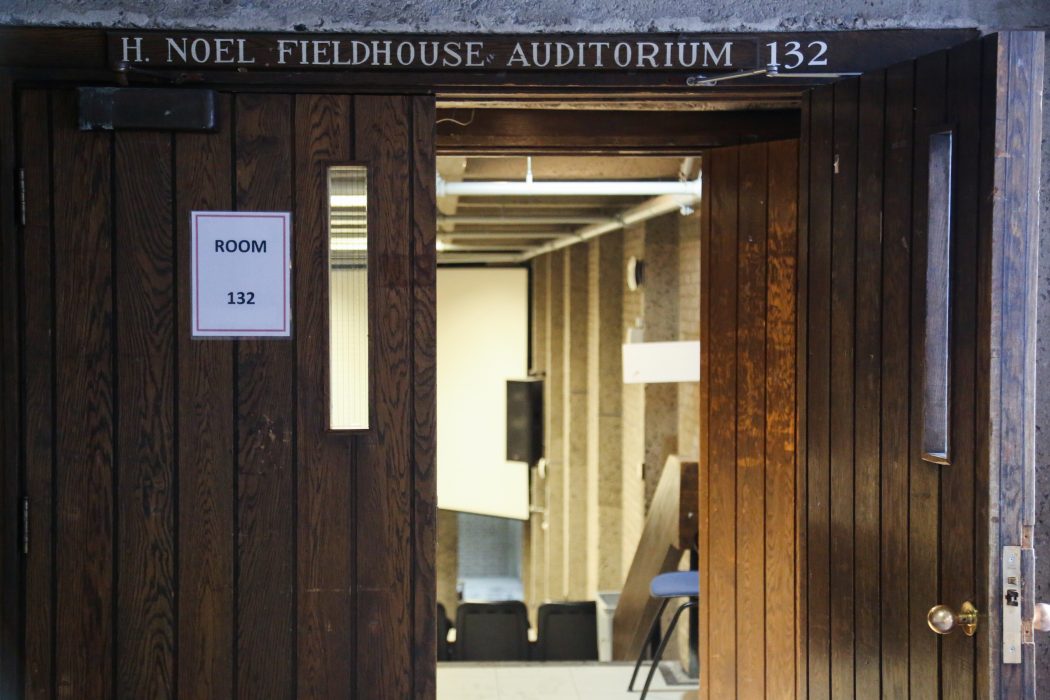We have all been there: sitting in the lecture hall, ready to ace your elective’s midterm, when you open the test booklet and realize you know nothing. Sounds familiar, eh? Was it World of Chem? Or was it Art of Listening? Honestly, it was probably both. After performing shamefully on the midterm, you reflect and ask: what happened? Your friends told you it was going to be easy — you were told everyone gets an A. Heck, it was even listed on MTL Blog’s 19 Easy-As-Hell McGill Classes Where You’re Almost Guaranteed To Get An A. So what went wrong?
Now, before you go into full-blown crisis mode regarding your academic future and career goals, don’t take it too personally. The fallacy of McGill’s bird courses has victimized many other fellow McGill students in the past, and will continue to do so for generations to come.
You see, on average, if you complete the freshman program requirements, a major, and are studying for four years at McGill, you will have your fair share of elective or “complementary” courses. When choosing what classes to pick you usually have three countervailing forces influencing you, and most likely, you’ll probably be influenced by the wrong one.
The fallacy of McGill’s bird courses has victimized many other fellow McGill students in the past, and will continue to do so for generations to come.
First, and probably the strongest, is the need of boosting your GPA. Like many McGillians before you, you went to one too many Tokyo Thursdays and underestimated the effort needed in first year, causing your CGPA to be lower than you’d like. Clearly then, a perfect way to increase it is by taking strategic electives with no finals, an abundance of class recordings, previous test banks and, of course, no class on Fridays.
The second force is your parents’ wish that you receive a proper world-class education. I’m sure they were ecstatic when you got into McGill, but telling them that you’re taking a class called Art of Math or “Natty Ds” is probably not what they expected when they dropped you off in first year. Rather, they would prefer to see you taking more “cultured” classes, perhaps something along the lines of Intro to Computer Science or Accounting, to learn practical and employable skills.
The last force is slightly more subtle than the other two: your own desire to not waste the valuable opportunity to take classes that you are actually interested in. Maybe you have always been a fan of modern art, or perhaps learning Cantonese is something you have always wanted to do. In that case, taking interesting electives outside of your major is by far the most rational decision. But you also low-key enjoy dep wine and think Chef on Call is gourmet, so maybe your four years at McGill are not the most rational after all.
As you probably guessed, the first force tends to be the strongest influencer, and this is why, semester after semester, students sign up for the infamous bird courses. We have all heard of them: “Natty Ds”, Art of Math, Bible and Western Culture, The Milky Way, just to name a few. But are they actually easy?
So, if my theory of the Triple-Force of Bird Course Decision Making is accurate and students do not actually boost their GPA through participation in these purportedly easy classes, are bird courses worth it? In my opinion, they are not.
Being in my fourth year, I have taken my fair share of bird courses. Though this might come as a surprise, none of those classes had an A, or even A-, average. Rather, the class average usually hovered around a B to B+, as is typical of most McGill courses. So, if my theory of the Triple-Force of Bird Course Decision Making is accurate and students do not actually boost their GPA through participation in these purportedly easy classes, are bird courses worth it?
In my opinion, they are not. I would urge students to sign up for classes they may actually enjoy, so that they will go to class and learn something. Moreover, if you are worried about your GPA, then simply take those interesting electives Pass/Fail, as all students are entitled to do. This option exists for a reason, and though it is seen by some as potentially unappealing to future employers or graduate schools, I promise you that if discussion ever arose at an interview, the interviewers would see more value in your passion for a certain subject than seeing that you got an A- in a class that has a name like Popular Music after 1945.
So if you still have some open slots for next semester, I encourage you to take a class in something you are actually interested in or a class that will teach you marketable skills as opposed to a classic bird course.
But what do I know? I’m just salty I did poorly in World of Chem: Drugs.


